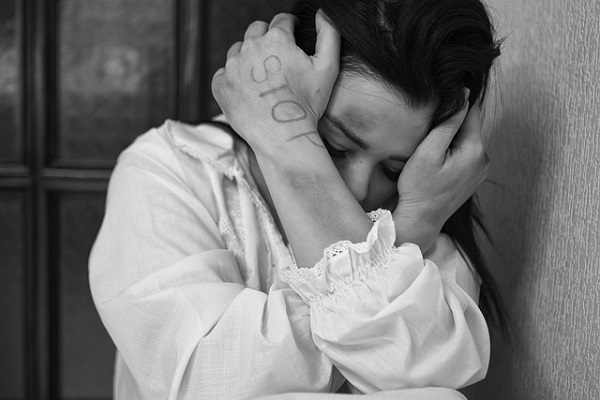 Credit: Pixabay
Credit: Pixabay
On Friday 10 January 2025, Luxembourg's Ministry of Justice confirmed that the Government Council (cabinet of the Luxembourg government) approved two bills with a view to strengthening the rights and protection of victims and potential victims.
According to the ministry, the failure to grant a suspended sentence will no longer have to be justified for serious offences and European cooperation will be strengthened by the mutual recognition of protection decisions between Member States of the European Union.
1. The failure to grant a suspended sentence will no longer have to be justified for serious offences
On a proposal from the Minister of Justice, the cabinet decided to amend Article 195-1 of the Code of Criminal Procedure, which currently provides that in correctional and criminal matters, the court may only impose a custodial sentence without suspension after having specifically justified this choice. Thus, the judge is currently required to justify the failure to grant a suspended sentence in both correctional and criminal matters. In the future, this obligation for the judge to provide reasons will be limited to cases where a suspended sentence is refused for correctional sentences of less than two years.
As provided for in the 2023-2028 coalition agreement, the government is thus changing its approach – with regard to serious offences such as sexual abuse, mistreatment or violence against children, and also financial crime – in that it is no longer the failure to grant a suspended sentence that must be duly justified, but the granting of one as provided for in the Code of Criminal Procedure.
The Minister of Justice, Elisabeth Margue, emphasised: "This amendment to the Code of Criminal Procedure constitutes an important step in adapting the legislation to strengthen the fight against serious crime including all forms of sexual violence, particularly against women and children, and to thus better protect victims."
This amendment also aligns with the recommendations made by several international bodies, including the Financial Action Task Force (FATF), the Expert Group on Action against Trafficking in Human Beings (GRETA) and the Group of Independent Experts on Action against Violence against Women and Domestic Violence (GREVIO).
2. Strengthening European cooperation through mutual recognition of protection orders
In order to strengthen the rights of victims, particularly victims of domestic and sexual violence, Luxembourg will adapt its legal framework to enable better implementation of Directive 2011/99/EU on the European protection order known as the "EPO criminal" aiming at the mutual recognition of protection orders in criminal matters between Member States in order to strengthen the protection of those in need (victims and potential victims).
This is a set of measures aimed at strengthening the rights and security of victims benefiting from a judicial protection measure in their State of origin, which can thus also be applied in another Member State of the European Union to which these persons move.
In practice, protection measures are applied in particular to protect victims of domestic violence. Thus, the text aims to protect a person against offences likely to endanger their life or physical integrity. The directive applies to the three most common types of national protection measures:
- a ban on going to places where the person benefiting from a protection measure resides, works, stays or regularly visits;
- a ban or regulation on contact, whatever its form, with the person benefiting from a protection measure;
- a ban on approaching the person benefiting from a protection measure within a certain distance, or a regulation on this subject.
The Directive sets out rules enabling competent authorities to ensure this protection uninterruptedly throughout the European Union.








